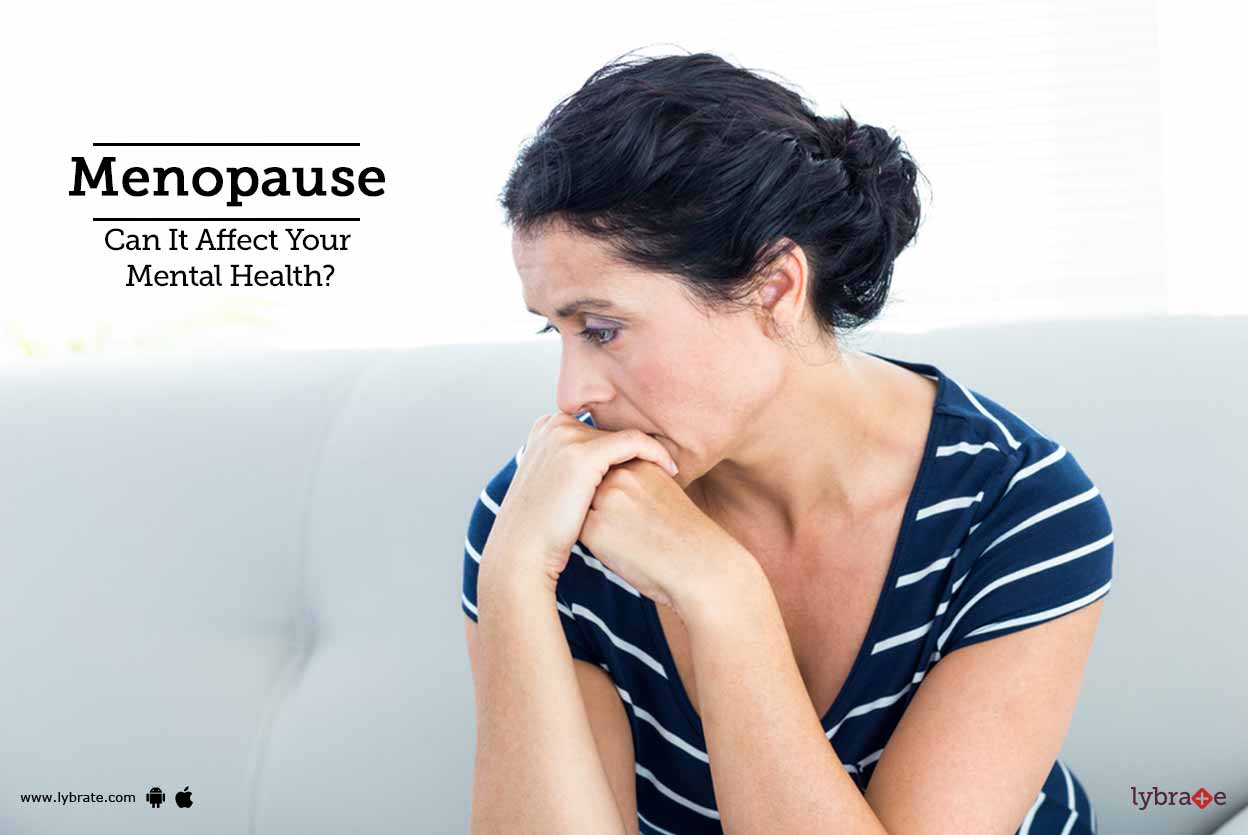Menopause - Can It Affect Your Mental Health?
The period around the age of 45 to 50 is very delicate for most women as many changes occur within the body. The changes occur due to menopause or a cessation of the menstrual cycle for a period of at least 12 months or so. Along with a host of physical changes, post-menopausal women tend to suffer from mental problems as well. Some of the factors could be physical changes such as a decline or stop in hormone productions while some of them are psychological effects as well. Some of the common mental problems faced by women are mentioned below:
-
Depression: This is by far the most common mental disorder and affects women while they are going through the process of menopause. After a few years, post-menopausal women tend to recover from this or the symptoms at least taper off. It is estimated that almost 20% of women undergoing menopause suffer from this problem, although the risk of depression is much higher if you have prior history of it.
-
Sleep Disorders: This can be described as not only a mental disorder that affects women but also a symptom of menopause. Sleep disorders can range anywhere between disturbed sleep, insomnia or sleep apnea (breathing difficulty while sleeping), especially in older women. Women undergoing menopause may suffer from this due to hormonal changes which result in hot flashes. These can wake you up in the middle of the night almost daily.
-
Schizophrenia: This is a serious mental disorder and is mostly noticed in women who have a prior history of the disorder. This condition is characterized by delusions and a detachment from reality which often pushes the person to act on their inappropriate imaginations. Schizophrenia usually manifests itself in young adulthood and peaks again at the age of around 45 to 50. If you had episodes of schizophrenia in your early adulthood, then it may resurface during menopause, although most women do see a subsiding of symptoms some time after menopause has occurred.
-
Panic Disorder: Women tend to experience this problem, during or even after menopause, as a new disorder that suddenly develops. This can be quite disruptive in your life. Also, if you have a history of this disorder, menopause may trigger it to show up again.
-
Obsessive Compulsive Disorder: This disorder is another mental health issue that can cause you to be overly obsessive, more so among menopausal women. If you already have had OCD in the past, menopause can trigger a relapse or a bad episode.
-
Bipolar Disorder: In this case as well, menopausal women have a higher tendency for a relapse or the start of a bad episode if they already had even mild signs of it.
In case you have a concern or query you can always consult an expert & get answers to your questions!



+1.svg)
